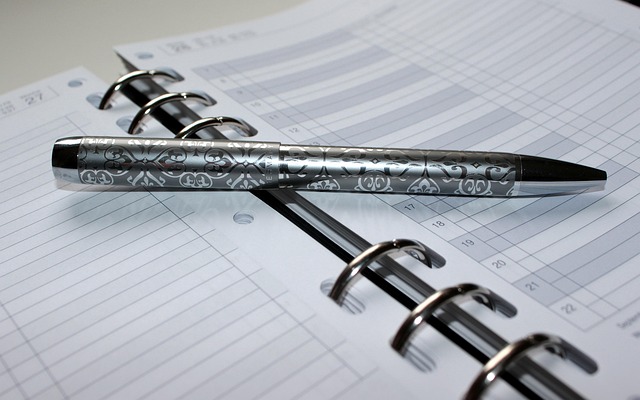Dual Diagnosis: Treating Addiction and Mental Health
What is Dual Diagnosis?
It’s more common than you think
Dual diagnosis is a medical term used to describe the co-occurence of addiction and a mental health condition. As many as 40 to 60 percent of patients have a dual diagnosis. Succesful treatment includes a personalized approach that addresses the addiction and mental health conditions at the same time.
Some mental health conditions associated with dual diagnosis include, but are not limited to:
- Anxiety
- Depression
- Bipolar Disorder
- Schizophrenia
- Obsessive Compulsive Disorder (OCD)
- Attention Deficit Hyperactivity Disorder (ADHD)
Understanding Dual Diagnosis
Mental health and addiction are often interconnected
Each patient is unique. Understanding the root cause of dual diagnosis is essential to successful treatment.
Addicts often develop mental health conditions while using. Drugs and alcohol both impact brain chemistry. Further, many substances impact how the brain’s neurotransmitters work. In simple terms, neurotransmitters are chemicals that control brain chemistry and mood. Addiction and it’s impact on the brain can cause paranoia, psychosis, anxiety, and depression.
Dual diagnosis also occurs when someone with a known mental health condition becomes an addict. Some patients suffering from mental health conditions use drugs and alcohol to control symptoms. When addiction takes hold, they become dual diagnosis patients and need a personalized treatment plan to recover.
Symptoms of Co-Occuring Mental Health Concerns and Addiction
What to look for
When addiction and mental health concerns co-occur, behavior changes are often noted. Here are a few warning few signs to look for:
- Personality changes
- Lack of personal hygiene
- Depression, anxiety, or anti-social behavior
- Appetite changes
- Changes to sleep patterns
- Difficulty concentrating
- Incapable of maintaining relationships
- Displays unusual behavior
- Expresses despair or a sense of hopelessness
- Has experienced recent or past trauma
- Has a genetic history or substance abuse or mental health condition
Hope for Patients with Dual Diagnosis
We can and do heal
If you or a loved one has a dual diagnosis, you aren’t alone. Many of us have to treat our addiction and mental health at the same time. But, take heart; we DO recover.
The first edition of the Big Book of Alcoholics Anonymous says, “We, of Alcoholics Anonymous, are more than 100 men and women who have recovered from a seemingly helpless state of mind and body.”
Millions of patients with more than one diagnosis have recovered since the Big Book was printed in 1939. Millions of us go on to live productive and meaningful lives after substance abuse treatment.
Treatment for Dual Diagnosis
Personalizing treatment for the individual
We each have a different story, history, and genetic makeup. There is no one-size-fits-all treatment for dual diagnosis because we all suffer from different addictions and mental health conditions.
Treatment facilities, like Breakthrough Recovery Outreach, focus primarily on personalized treatment. Medication, counseling, Twelve Step Programs, and sober living all complement recovery. Together, these tools help the mind and the body heal. Learn more about our treatment philosophy!
The Healing Brain
Understanding the natural healing process
Brain healing is cumulative. Earlier, I mentioned that addiction impacts the brain’s neurotransmitters. When we stop using drugs or alcohol, our brains begin to heal.
Years ago, a doctor explained opiate addiction to me in a very understandable way, which I will share with you.
Think of a normal brain as having 100 little glasses in it. All are filled to the brim with endorphins (a neurotransmitter that relieves pain and stress.) Opiates increase endorphins in the brain, overfill the glasses, and produce a high.
When we abuse opiates daily, the brain recognizes that endorphins are coming from an outside source. To compensate, it stops producing them. If we are addicted, the brain isn’t making endorphins. Our 100 little glasses are empty until we use drugs again. The empty bottles cause opiate withdrawal symptoms.
When the withdrawal process ends, our brains start to recover. Over time, it refills the once empty glasses. My brain makes most of the chemicals I need now. I take medication to manage imbalances related to depression. Brain health, medication, and a sober living environment, like Breakthrough Recovery Outreach, was the magical trifecta that improved my mental health and addiction problems.
Understanding how our brains work is important. If we take medications for mental health and drink or use while on them, they won’t work effectively. Self-care is important – especially in patients with a dual diagnosis. We must take care of both aspects of our recovery by following the advice of our doctors and our treatment facililty. Treatment helps us learn to manage dual diagnosis for a successful future.
You Can Trust Us With Your Addiction and Mental Health Concerns
Our experts are trained to treat dual diagnosis
Breakthrough Recovery Outreach specializes in the treatment of addiction and dual diagnosis.
We understand the complexities of pairing mental health treatment with addiction, and have helped addicts and alcoholics go from hopelessness to the joy of recovery.
Call us at 770-493-7750 or fill out our Contact Form and begin your journey to whole body wellness today.




